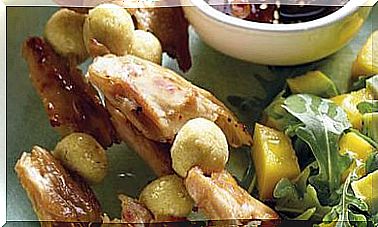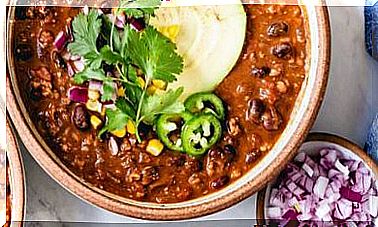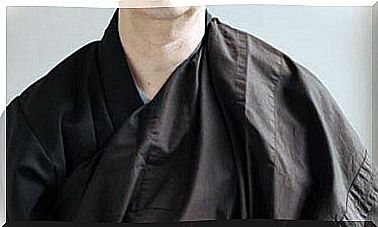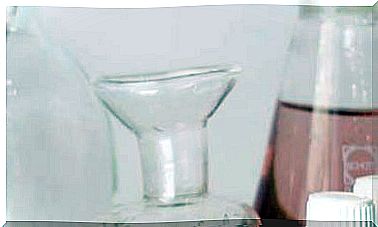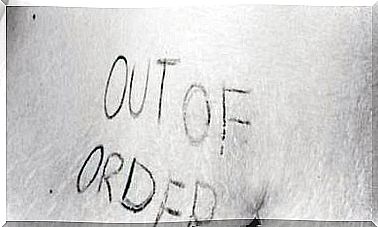Buying In Bulk: Nostalgia Full Of Reasons
Going back can sometimes be the best way to go forward. So it is with the habit of buying in bulk: good for the planet and for your pocket.
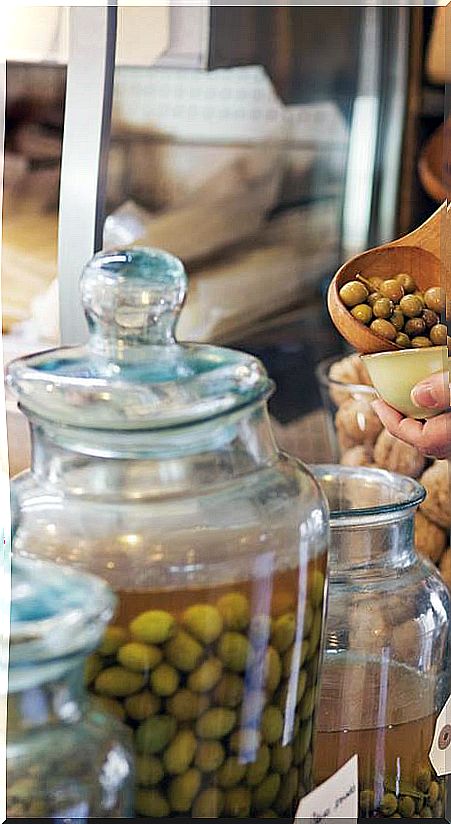
The scene is very old : customers buying rice and chickpea cones, ordering a handful of nuts or filling glass jars brought from their homes. But for a few years it has been something that has happened every day in the busiest neighborhoods of the main cities of the world.
And it does not respond to any nostalgic recovery but, on the contrary, it is the result of a clear will for the future.
A new type of consumer is recovering old habits with the aim of reducing superfluous packaging and betting on local food. But even without this green vocation, buying like this makes a lot of sense for practical and economic reasons.
Buying in bulk is practicing responsible consumption
In our country, at the head of this revitalization of bulk sales are Judit Vidal and Iván Álvaro, a Barcelona couple who in 2011 had two four-year-old twins and felt uncomfortable with the constant publicity that reached their children through of cereal boxes and so many other otherwise unnecessary food containers.
True to the sustainability principles they believed in, they embarked on the adventure of opening a bulk store.
By buying in bulk you avoid packaging and access more proximity products
They wanted “to awaken social conscience through food,” explains Vidal. It seemed a bit crazy, because she came from the theatrical scene and he was an architect, but they were clear about it. They chose to take the step in Vic, a Catalan city a priori demanding but which, if it welcomed the proposal well, they thought, would point a way. So it was.
The Granel store (granel.cat/es/) opened in December and in half a year its first franchise was up and running. Today they have a network of 15 establishments spread over Catalonia, the Balearic Islands, Valencia, the Basque Country and Asturias.
“We materialized an idea that was socially in the air,” says Vidal. “Our expansion and the replicas of bulk stores that have been born afterwards demonstrate that the consumer is prepared for a more responsible purchase that generates less waste.”
Today the Granel chain is a benchmark inside and outside the country that even receives institutional visits from France or Korea. But five years ago nothing seemed so obvious. At that time there was only one such establishment in Europe, the Unpackaged in London.
The French chain Day by Day, the Italian Effecorta or the Berlin supermarket without Original Unverpackt packaging had yet to be born, all of them in the line of the zerowaste or zero waste movement .
Buying the right amount, curbing waste
For Judit and Iván the key to Granel’s success is the coherence and honesty of the entire project. They are motivated by “promoting responsible shopping, sustainable consumption, waste reduction and a healthy and conscious diet”.
Its objective is “to bring quality food to the consumer by supporting small producers and respecting the quantities that one wants to buy and that the other can produce.”
Similar principles guide the Madrilenian Pepita y Grano (pepitaygrano.com) or Cántaro Blanco (cantaroblanco.com), an original bulk dairy in the Madrid neighborhood of Malasaña.
Buying only the amount you need reduces the likelihood of you throwing food away
Old habits come back from the hand of conscious consumption, with a diverse clientele that ranges from elderly ladies who buy small amounts of vegetables to adjust their budget to very conscientious young families who appear in stores with their cloth bag and refillable containers.
Everyone participates in this incipient phenomenon whereby they tend to buy the right amount that is needed.
Casa Perris, the bulk that has always been there
It is a change in habits, as Josep Maria Teixé, owner of Casa Perris (casaperris.com) explains: “Before you bought a sack of rice and it was spent. They would tell you a price and you would put the amount that corresponded to that figure. Now it is the other way around: first they ask you for the weight and the price is secondary “.
Casa Perris, in front of the old Born market in Barcelona, is part of and at the same time stands out from the fashion of selling in bulk because it was already a store of rice and dried fruit 75 years ago. Founded as Casa Torras, it offered vegetables, honey or chocolate, and it was where Teixé went as a child to buy peanuts with his grandfather.
When five years ago the business hung the “Closed for retirement” sign, Teixé resisted the idea of seeing that smelly world of jute sacks die and decided to take over.
“If today I am in charge of this business it is due to melancholy,” he confesses. A regular contributor to this magazine due to his long career as an herbalist at Manantial de Salud, he introduced substantial changes in the business. The main one, to eliminate the minimum weight of 1 kilo that had been required until then to buy a product.
In addition, he created a team of caring clerks willing to dedicate the necessary time to each customer, no matter how small their purchase. These and other facilities, together with the quality of its products, have made Casa Perris a recognized establishment, which has just received the Special Mention of the Barcelona City Council’s Commercial Award.
The queues that form in the store speak of the success of its many bread-making flours, its Pardina lentils from León, its almonds from Les Garrigues or its black hazelnuts from Vilanova del Camp, more expensive than Turkish and Georgian ones, but that its customers they know how to appreciate.
The place, which maintains its old aesthetics, with wooden structures, light globes and stairs to access the upper shelves, houses 900 references that, as of this year, can also be purchased online from anywhere in Spain. “It is the way”, says Teixé convinced: “to open the store to the world”.
Goodbye to the plastic bag
Of course, something has changed in today’s bulk food stores: the product is delivered in 100% biodegradable cane sugar bags, compostable potato starch cones or PLA containers derived from corn, among other ecological options, and that. Only when the person does not carry their bag or jar!
“We are a bit of a Taliban in this regard,” says Judit Vidal de Granel, “we make it difficult for the client to get used to bringing his bag, but it is because we do not want there to be more plastics in the sea than fish in the year 2050” .
The 8 advantages of buying in bulk
Getting used to buying in bulk brings you more benefits than you probably imagine:
- It is more ecological, since no plastic waste is generated. It allows you to buy the right amount you need, so less food is wasted and the diet varies more.
- The purchase is more responsible and less impulsive, without falling into the traps of advertising, packaging and marketing.
- You eat better, as buying in bulk leads to more mindful eating where you decide what you eat and why.
- It is cheaper for you, because you buy only the amount you need, you spend less and it is also of better quality.
- You win in health. Being quality products, the investment is recovered in health and in less medical expenses.
- You see what you eat. The product looks natural, without packaging.
- Facilitates proximity with employees and between customers, who share knowledge and create links.
- It allows you to buy freely and regain food sovereignty.
Where to buy in bulk?
- Pepita and Grano have stores in Madrid (in Chamberí, Retiro and Río) and in León (c / Almendros, 4).
- Casa Pajuelo, in Madrid (c / Atocha, 95) sells spices and grain.
- Alhacena in bulk, in Seville (c / Relator, 50), sells spices, tea, legumes …
- By weight, all food, is in Benalmádena (c / de las Flores 13).
- Or Graneiro de Amelia, with 7 stores in Galicia. More than 20 artisan flours: ograneirodeamelia.com
- By weight, in Burgos (c / Progreso 33): risottos, pickles, freeze-dried …
- Miaroma, for cleaning and hygiene, in Catalonia, Valencia, Madrid, Zaragoza, Cáceres and the Balearic Islands.
- 4eco, for detergents, is in Alicante, Aranda de Duero, Gijón, Guadalajara, Mollet del Vallès, Valencia, Vitoria and Madrid.



